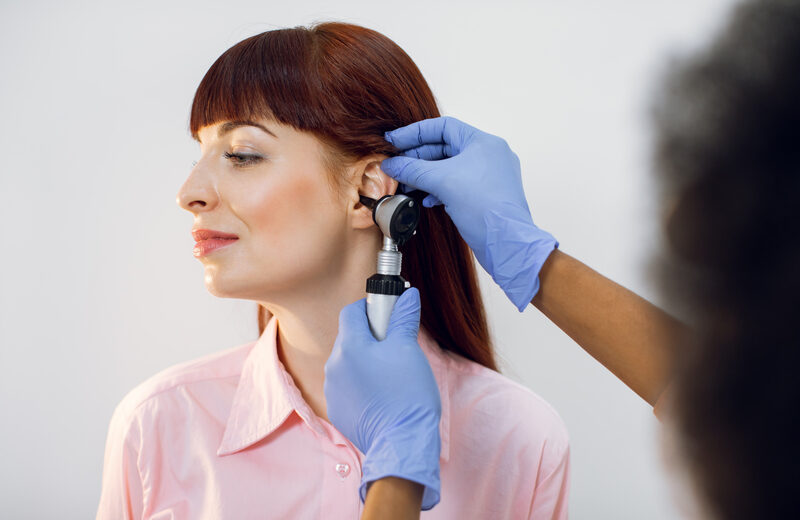As hearing loss progresses and develops slowly, conversations become muffled, background noise starts to interfere with conversations, and the volume on audio devices goes up and up. These are all indicators that your hearing ability is diminishing. At this point, the worst thing you can do is ignore it. The good news is that you can take steps to reduce the progress of hearing loss. We have gathered to best tips to help you slow the development of hearing loss.
How to Slow Down Hearing Loss
Turn the Volume Down
Loud volume from television, music player or phone headset can continue to damage hearing while exposure continues. It takes only a moment for loud sounds to damage hearing permanently. Take care and be mindful of volume levels, use closed captioning for film and television or use a hearing assistance device to enhance the sounds in a safe manner.
Avoid Loud Sounds
Along the same lines as the first tip, avoiding very loud sounds and environments is crucial to help protect your hearing. Things like lawn equipment, power tools, and heavy traffic can quickly exceed safe decibel levels. Try to stand back a reasonable distance or employ hearing protection to reduce the risk to your hearing.
Use Hearing Protection
The best preventive measure available to protect your hearing comes from sound-dampening equipment, i.e., headphones, earplugs, and earmuffs. These low-tech solutions work in any environment but can’t do anything if you leave them behind. Make sure to be prepared; leave a pair in your car, your gym bag, the garage, or anywhere you might be exposed to high volumes, especially in enclosed spaces.
Don’t Skip Annual Hearing Tests
In the end, it’s impossible to repair anything if you are unaware of the extent of the damage. An annual hearing test will keep you informed about your hearing health. As we age, the genuine risks we face build up over time. Keeping tabs on hearing health is the best way to protect your hearing.
Don’t Wait
If you are experiencing hearing loss, no matter how minute, don’t wait to schedule an appointment with a doctor or hearing specialist at once. They can help determine the extent of the issues and provide solutions to prevent further deterioration.





